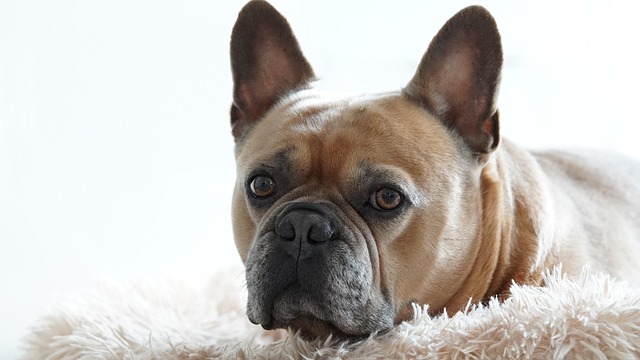
How can I tell if my dog's heatstroke is serious
Let’s be real: It’s a sticky August morning in Los Angeles, and you took your 2-year-old Golden Retriever, Max, for a walk a little later than usual
The moment you decide to bring a new puppy home, the excitement is quickly followed by a crucial question: what do I actually need to buy? Beyond the obvious food and water bowls, your shopping list should be built around three core principles: safety, training, and comfort. Start with the non-negotiables for safety and control: a well-fitted harness or collar with identification tags, and a sturdy leash. An ID tag is your puppy's first line of defense if they ever get lost; it should include your phone number and ideally your address. For training, your most powerful tools will be a stash of high-value, soft, bite-sized treats for positive reinforcement and a variety of chew toys designed for teething puppies. These toys are not luxuries; they are essential for redirecting your puppy's natural chewing instinct away from your shoes and furniture, saving your belongings and keeping them safe from swallowing something harmful.
The comfort category includes a cozy crate and a soft bed. Far from being a punishment, a crate is a safe den for your puppy and an indispensable tool for potty training and preventing destructive behavior when you can't directly supervise them. Make it inviting with soft bedding and treats. You'll also want to puppy-proof your home with baby gates to block off unsafe areas like staircases or rooms with electrical cords. For cleanup, have a dedicated stash of enzymatic cleaner on hand. Regular cleaners remove the stain but not the scent, which will signal to your puppy that it's an acceptable potty spot. An enzymatic cleaner breaks down the organic matter completely, effectively erasing the accident and helping to prevent repeat offenses.

This setup, focused on positive guidance and safety, reflects the modern, force-free approach to puppy raising that is the standard in responsible U.S. and European pet culture. You're creating an environment set up for your puppy to succeed, using rewards to shape behavior rather than intimidation. This philosophy of preparedness extends to your legal and community obligations. Before your puppy's first walk, you must have them microchipped (a painless procedure) and ensure they are wearing their rabies vaccination tag on their collar. This is a legal requirement in all American states and many European countries. Furthermore, your leash and a plentiful supply of poop bags are your tools for being a good neighbor. Cleaning up immediately after your puppy is not a request; it is a mandatory law in virtually every municipality, and failing to do so can result in significant fines. It’s the most basic act of respect for your community.
For those in apartments, your essentials list has a few critical additions. A portable indoor grass patch or pee pads can be a lifesaver for those moments when waiting for the elevator isn't an option during potty training. Soundproofing considerations are also wise; a cozy crate and plenty of chew toys will help keep a bored or anxious puppy from barking and disturbing neighbors. Always be prepared to manage encounters in tight shared spaces like lobbies; keep your puppy on a short leash and have treats ready to reward calm behavior around strangers and other dogs. Remember, the right essentials aren't about spoiling your puppy—they are about providing structure, safety, and clear communication. By investing in these items from day one, you're not just buying products; you're laying the foundation for a well-adjusted, well-behaved, and happy canine companion.

Let’s be real: It’s a sticky August morning in Los Angeles, and you took your 2-year-old Golden Retriever, Max, for a walk a little later than usual

You're enjoying a summer afternoon at the park when you notice your dog has stopped panting and appears disoriented - their gums are bright red

Let’s paint the picture: You’re in your Denver apartment, watching your 4-year-old Boston Terrier, Ruby, plop down mid-play session with her favorite toy

Many dog owners notice their pets nails seem shorter after regular walks,but how much does this daily activity actually help?The answer depends on where you walk—concrete sidewalks or asphalt streets gently file nails as a dog's paws hit the ground

Most dog owners notice their pup scooting across the carpet at some point, but few connect it to impacted anal glands. These small sacs near a dog’s rectum secrete a scent for marking territory

Most vets agree that regular dog teeth cleaning is key to avoiding painful dental issues later. For healthy adult dogs, a professional cleaning at the vet’s office every 12 to 18 months usually works well.